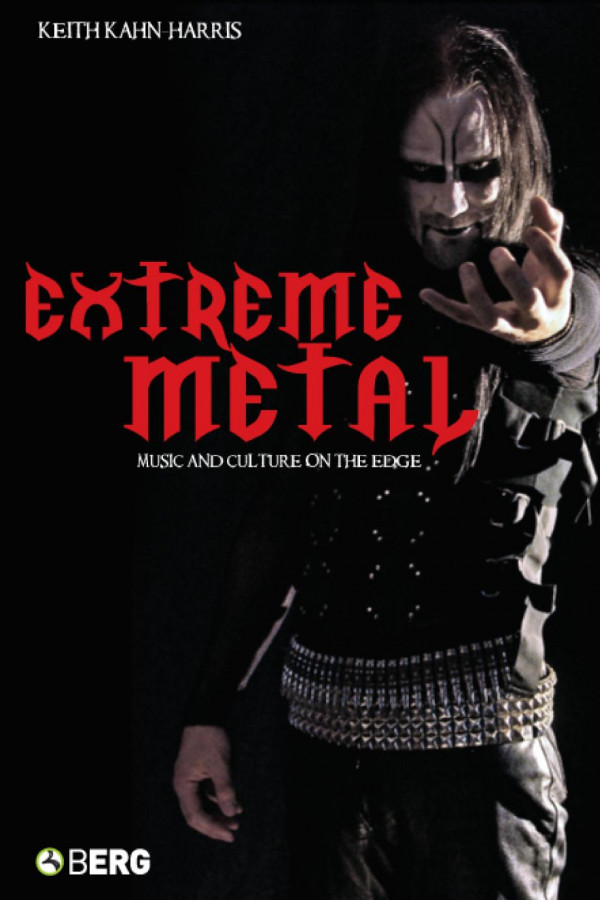

Most ebook files are in PDF format, so you can easily read them using various software such as Foxit Reader or directly on the Google Chrome browser.
Some ebook files are released by publishers in other formats such as .awz, .mobi, .epub, .fb2, etc. You may need to install specific software to read these formats on mobile/PC, such as Calibre.
Please read the tutorial at this link: https://ebookbell.com/faq
We offer FREE conversion to the popular formats you request; however, this may take some time. Therefore, right after payment, please email us, and we will try to provide the service as quickly as possible.
For some exceptional file formats or broken links (if any), please refrain from opening any disputes. Instead, email us first, and we will try to assist within a maximum of 6 hours.
EbookBell Team

4.7
56 reviewsMention the words ‘heavy metal’ to someone even casually acquainted with contemporary
popular music and you are likely to trigger some strong associations: long hair,
headbanging, screaming vocals and guitars, outrageous behaviour and excess, over the
top machismo, black leather. The semiotics of metal are so well known that they have
an almost iconic position in popular culture. Metal divides people. The music boasts
some of the most devoted music fans across the world and many of its practitioners
are stars. But at the same time metal has always attracted virulent and intense dislike,
even hatred and fear. In the 1980s, metal attracted condemnation from right and left
and was the subject of media- and state-sponsored ‘moral panics’ (Miller 1988;
Richardson 1991).
This iconic representation of metal has become out of step with reality. Although
metal was always more diverse than it was given credit for, there has been a significant
fragmentation of metal since the early 1990s. In the early 1990s, the rise of
grunge, sparked off by the success of Nirvana’s Nevermind (1991), had a profound
effect on metal. It is no hyperbole to state that an entire generation of bands had their
careers ended almost overnight. This was particularly true of ‘pop metal’ bands such
as Poison, but even some of the biggest ‘classic’ metal bands such as Judas Priest and
Iron Maiden suffered a considerable loss of popularity in the 1990s. However,
grunge’s connection with the history of metal was much greater than some of its
protagonists might have liked to admit. This connection has become ever more
evident as subsequent generations of grunge-influenced bands, such as Nickelback,
have produced music that sounds increasingly similar to the classic metal and hard
rock bands of the 1970s and 1980s.